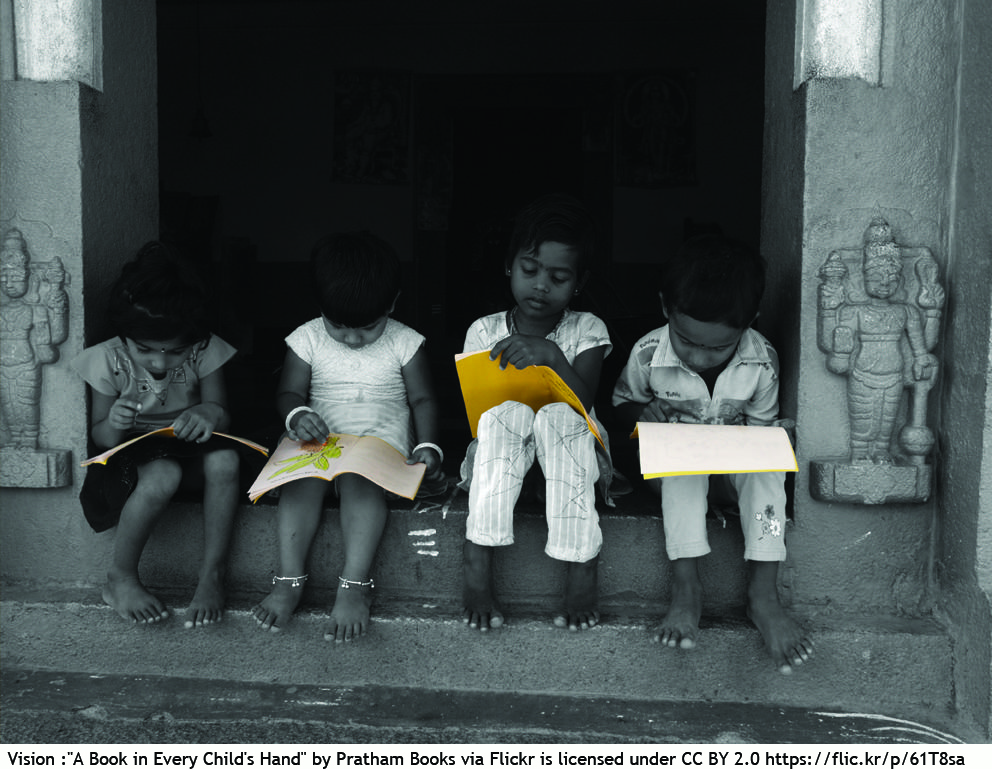by guest blogger Susan Cazenavette Herrick Siu
More than 300 distinct languages other than English are now spoken in the United States. According to the U. S. Census Bureau, those with the most native speakers in this country are Spanish, Chinese, Tagalog, French, Vietnamese, German, and Korean (all with numbers of speakers in the millions), followed by Russian, Arabic, and Italian.
Other languages with large numbers of speakers (in no particular order) include Portuguese, French Creole, Yiddish, Greek, Polish, Hebrew, Hungarian, Navajo, Laotian, Thai, Hmong, Hindi, Urdu, and Serbo-Croatian.
The most commonly taught languages are Spanish, French, and German, which do happen to be among the top ten most commonly spoken languages in the U.S, but also all happen to be Indo-European languages closely related to English. All of the world’s other languages are classified as “less commonly taught.”
Many people decide to learn a language (or have their children learn a language) because of the number of people who speak that language (whether in the U.S. or abroad). Yet there are many good reasons why you or your child should consider learning a less commonly taught language.
To Get to Know Their Family History
Many North Americans, even if they no longer speak a language other than English, Spanish, French, or German at home, have ancestors who did. Did you perhaps have a Native American great-grandfather or a Ukrainian immigrant grandmother, or are you descended from African slaves who spoke Mende, Fula, or another West African language? Or perhaps your child’s connection to a less commonly taught language is even closer, as for my niece Sophia, who is learning Georgian in order to communicate with her grandmother and cousins in the Republic of Georgia and in the US.
To Read or Do Research in Another Language
Do your high school aged children want to read the Bible, the Torah, or the Buddhist scriptures in their original languages? Do they love modern Egyptian novels, Japanese comic books, or Chinese Taoist poetry? Do they want to attend school abroad? Do they plan to study history, art history, international studies, computers, languages, comparative literature, translation, or linguistics in college? If so, they might want to start studying a less commonly taught language now.
To Make New Friends in the Community
If you live in a community where less commonly taught languages are spoken, learning one of those languages may help your children make new friends and connections within the community. This may be true even if you don’t live in a big city. In Lewiston, Maine, where I live, for example, there is a large Somali community and knowing the Somali language would be helpful to anyone attending the public schools, as well as to anyone involved with community organizations, from the library to the farmer’s market to the hospitals. (See Newsweek‘s very interesting article, “The Refugees Who Saved Lewiston.”)
To Travel and Make New Friends Abroad
If your family is going on vacation to Ireland, your children would benefit from learning some Irish Gaelic. If your child plans to go on an exchange program to India, she might want to learn some Hindi, Gujarati, or one of India’s several hundred other mother tongues. If you or your spouse will be stationed in Kuwait or South Korea in the near future, your children could benefit greatly from learning to speak Arabic or Korean.
To Help Save a Dying Language from Extinction
More than half of the world’s approximately 6000 languages are now considered “endangered,” which means that there will be no native speakers left a hundred years from now. Many have only one, ten, or a few hundred speakers as I write; others have become extinct in the recent past. Some communities are making efforts to save their endangered languages from extinction by teaching them to both children and adults. Linguists are preserving others on paper or in audio and video formats so that these languages can be studied even when they are no longer spoken. For more information, please visit the Endangered Language Alliance website.
I wish you and your children the best of luck as you embark on your language learning adventures.
Susan C. H. Siu, a writer, linguist, and mother of three, is Editor-in-Chief of World’s Edge Books & Publishing, a small publishing company specializing in foreign-language titles. Susan speaks French and some Chinese, Korean, Spanish, and Italian. She co-authored a book, Georgian Language for Parents and Children, Book I, with Darby Lezhava and Marico Maskharashvili. She also maintains the LinguistKids blog (http://linguistkids.blogspot.com) with the aim of providing resources to parents, educators, and librarians who want to help children learn languages, understand cultures, and become citizens of the world.
What less commonly taught language do you speak with your family? Comment below and tell us why!
This article originally appeared in Language Lizard’s Culture Connection Newsletter. To receive this newsletter, please sign up here.

